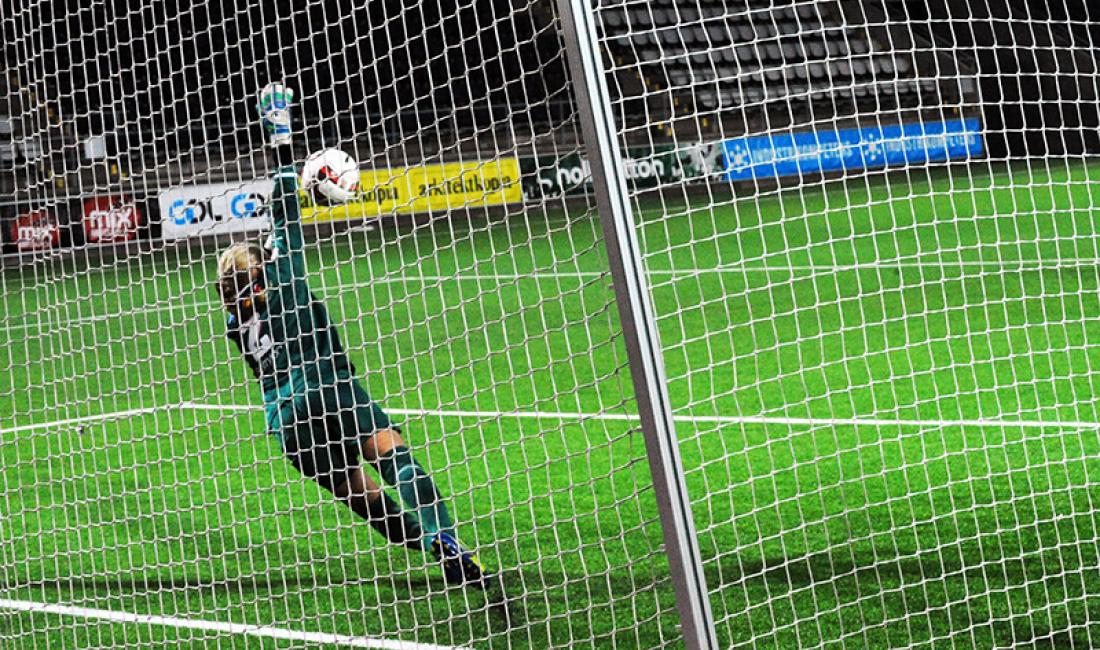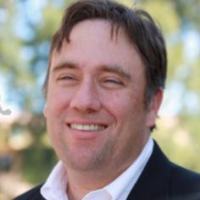It's not a penalty shot. Or a dollar in the bank.
This column was co-published with Zócalo Public Square. Lead photo by Anders Henrikson, 2014 (Creative Commons license)
Please don’t save democracy.
If you’re a politician—stop promising to save it.
Please! Stop even trying.
Because you can’t. Democracy isn’t something you save. The sooner we stop talking about saving democracy, the better off democracy will be.
Our mindless recitation of “saving democracy”—everyone from President Biden to Sacha Baron Cohen has pledged to come to its rescue—demonstrates how little we understand about the governing systems that organize our lives.
To start, the words “democracy” and “save” don’t fit together.
Democracy is not a penalty shot that can be saved by a goalkeeper. Democracy is not a dollar that can be saved by putting it in the bank. Democracy is not a file that you can save in Microsoft Word.
Democracy is not even the migrant whom you save from drowning in the Mediterranean or the Rio Grande.
It’s easy to get confused about democracy’s meaning because we use the word “democracy” promiscuously. We use the word to refer to things we see in politics or government with which we agree. We use it to describe the status quo in countries that think of themselves as democracies.
We also use “democracy” to refer to our post-World War II liberal order, supposedly superior to all other systems, even though that order often protects military and corporate powers that undermine democracy. We use “democracy” to mean elections, even though many countries with autocracies stage elections. In the United States, we use “democracy” to refer to our 18th-century constitutional system—even though that system is profoundly anti-democratic, especially when it comes to the unbalanced representation in the Senate and our peculiar Electoral College.
After 18 years of reporting on and convening events about democracy around the world, I have found a better, more useful definition of democracy. Democracy is best understood as four words: Everyday people governing themselves.
When you think about democracy this way, you quickly realize that democracy isn’t something you save. It’s something you do—on your own and with other people. When people in your neighborhood or your city or your nation are doing the work of governing—deliberating, making decisions, implementing policies—you are in a democracy.
Thus, democracy is, quite literally, work—and very much a do-it-yourself enterprise. The Christian philosopher G.K. Chesterton famously observed in his book Orthodoxy that democracy is like writing love letters or blowing one’s nose—one of those things that “we want a man to do for himself, even if he does them badly.”
So when you judge whether a particular place or institution counts as democratic, consider democracy to be a spectrum, with “everyday people governing themselves” as its most democratic pole.
Soon, you’ll recognize that most democracy exists at the local level, in the smaller entities where it’s easier for everyday people to get together and govern. As Mahatma Gandhi wrote days before his assassination: “True democracy cannot be worked by 20 men sitting at the center. It has to be worked from below, by the people of every village.”
Unfortunately, when asked whether they live in a democracy, people today don’t think of their village, precinct, or city, but of their nation-state. They usually answer the question based on whether their national leaders are fairly elected, and whether they seem respectful of the country’s constitutional norms.
The word “democracy” has become a synonym for a safe destination, the political-economic equivalent of a comfortable sofa where we can lie down, relax, and breathe. From this sofa conception flows the idea that democracy can be “saved”—from authoritarians or foreign powers or misinformation or anything else that might tear us from our sofas.
This sofa perspective is also why relatively peaceful and rich nation-states can call themselves democracies even though they are governed by small numbers of officials, technocrats, interest group leaders, or super-rich businesspeople. In our planet’s largest so-called democracies, everyday people don’t get to decide much. They can only vote, occasionally, in elections dominated by the same power entities running the country.
But real democracy is not a sofa. It is not cushy. Democracy, at least democracy on the spectrum of “everyday people governing themselves,” is not about voting for one powerful person. It’s about decentralizing decision-making power and handing it to regular people.
For this reason, President Biden’s pledges to preserve and protect democracy—coming from an officeholder with the power to govern by executive order and take military action around the world, without public notice or deliberation—will never be broadly credible.
The task of democracy requires us to get up off our couches. This is the sort of work that involves faith and competition, and thus resembles a religion or a sport as much as a system of government. Democracy is maintained through practice; you lose it when you stop showing up. If people stop going to Mass, saying the rosary, and listening to the Pope, Catholicism dies. If people stop throwing balls at rounded bats, there is no baseball.
So, if you value democracy, practice it—wherever you can. Let the kids in your local Little League vote to choose the all-stars, instead of the coaches or parents. Let workers and customers make the big decisions at your company. Create assemblies of everyday ls that write the local ordinances in your city or school district.
And please don’t waste another moment hoping your leaders will save democracy. Get out there and do it yourself.




